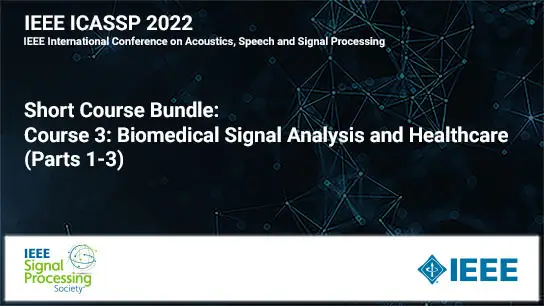From Supervised To Unsupervised Harmonization Of Diffusion MRI Acquisitions
Leon Weninger, Mushawar Ahmad, Dorit Merhof
-
Members: FreeSPS
IEEE Members: $11.00
Non-members: $15.00Length: 00:04:25
28 Mar 2022
Diffusion imaging is an MRI technique that captures the diffusion process of water molecules in the human brain. A major problem in diffusion imaging is the variability that arises due to differences in employed hardware and acquisition parameters. In order to allow multi-centric studies, a harmonization method that removes this acquisition-induced variability is necessary. In recent years, several methods for harmonization have been presented. However, available methods for harmonization of raw diffusion acquisitions often necessitate paired data. Here, an approach based on cyclic neural networks, that does not necessarily require such paired acquisitions, was developed. The proposed architecture can be trained without any paired data, with paired data, as well as with a combination of both. A dataset from the Human Connectome Project, containing 161 subjects which were scanned on a 3T and a 7T MRI scanner was used for training and evaluation of the proposed architecture and training scheme. While supervised training of the neural network showed superior results compared to a completely unsupervised approach, we demonstrate that (a) a completely unsupervised harmonization is better than a naive approach to data merging, and (b) harmonization based on unpaired data is already substantially improved when data of only a single subject acquired on both scanners is available.



